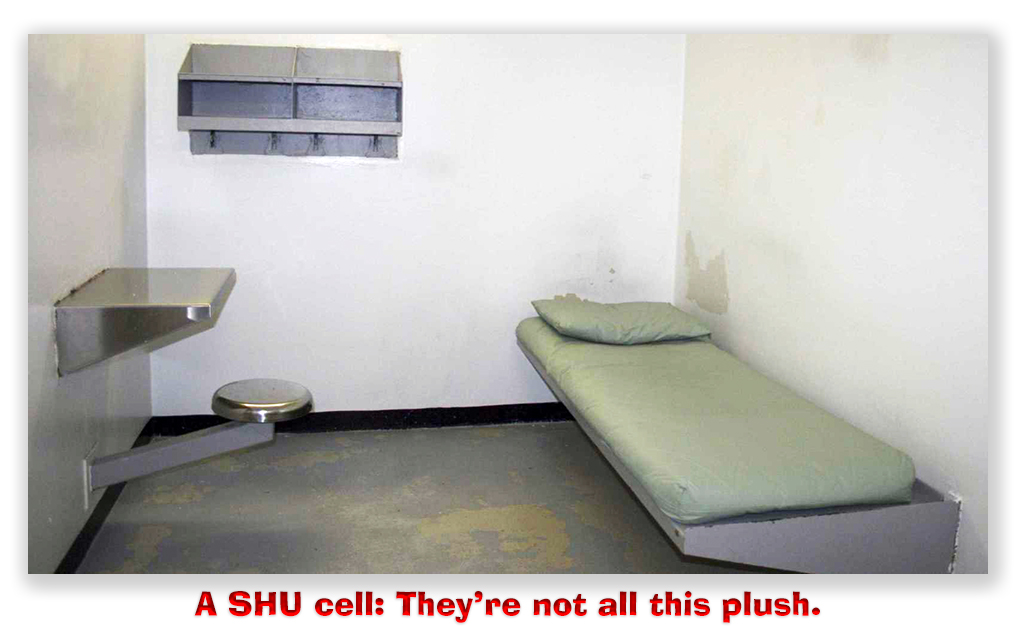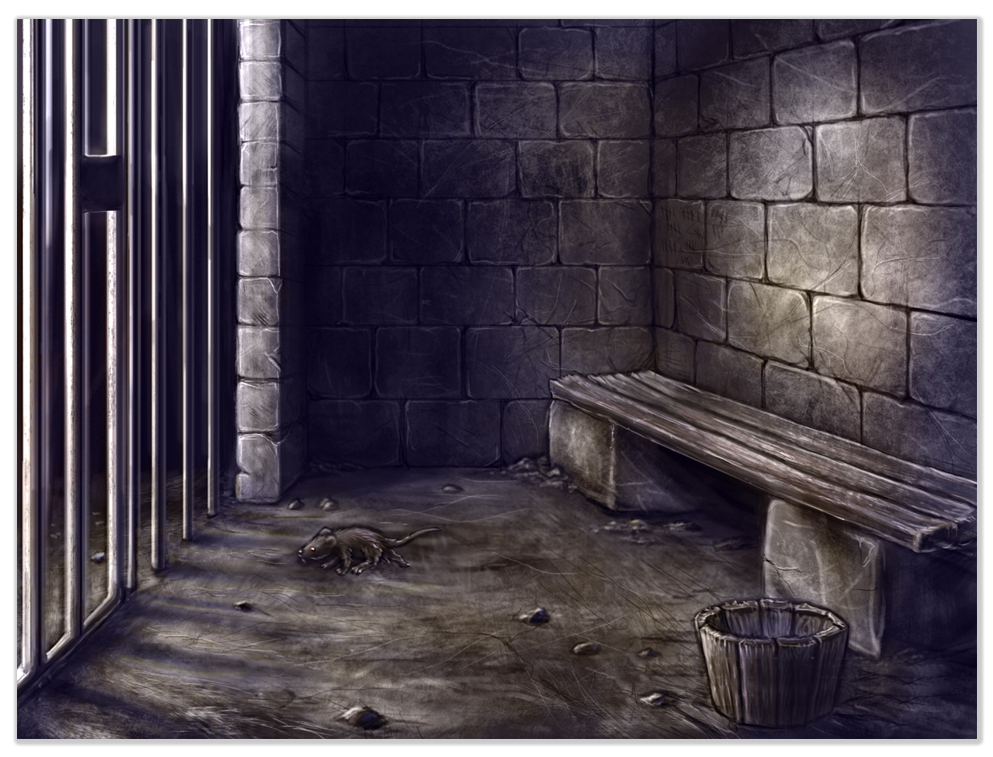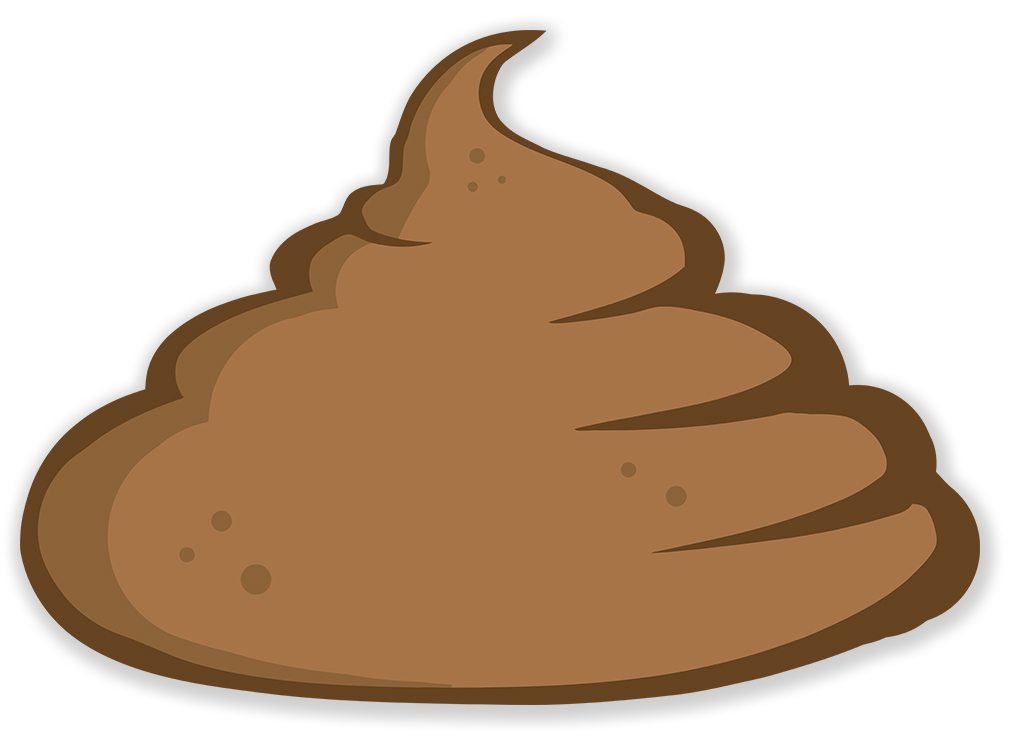We post news and comment on federal criminal justice issues, focused primarily on trial and post-conviction matters, legislative initiatives, and sentencing issues.

GAO EXCORIATES BOP FOR INEFFECTIVE AND POORLY MANAGED SPECIAL HOUSING UNITS
The Federal Bureau of Prisons says restrictive housing – that is, Special Housing Units (SHUs) – is not an effective deterrent for bad behavior and can even increase future misconduct. So guess who still keeps 12,000 of its “persons in custody” locked up 23 hours a day in SHUs around the country?
 A Government Accountability Office report wondered that last week, complaining that “while the BOP was previously called out for the practice of SHU placement of prisoners, little has changed.” The GAO criticized the BOP for its “slow progress toward taking action on longstanding recommendations, partly because the Bureau hasn’t established roles or time frames for doing so.” In fact, how the BOP monitors and evaluates all of its programs is such a problem that the GAO added the agency to the GAO’s High-Risk List annual update issued last April. It’s unlikely to be dropped from the 2024 list, due out in two months.
A Government Accountability Office report wondered that last week, complaining that “while the BOP was previously called out for the practice of SHU placement of prisoners, little has changed.” The GAO criticized the BOP for its “slow progress toward taking action on longstanding recommendations, partly because the Bureau hasn’t established roles or time frames for doing so.” In fact, how the BOP monitors and evaluates all of its programs is such a problem that the GAO added the agency to the GAO’s High-Risk List annual update issued last April. It’s unlikely to be dropped from the 2024 list, due out in two months.
A SHU is a “housing unit” in name only, a warren of individual cells – some of the barred like old-time jails but more modern ones with solid metal doors with a small port through which food can be passed. The SHU residents – sometimes two to a cell, sometimes only one, are locked down 23 hours a day according to policy and removed from the cells only when handcuffed. A “recreation area” is usually a larger cage, sometimes with a basketball hoop, where often only the sky is visible. Inmates get a shower three times a week. There are no TVs, often no radios, scant reading material, and absolutely nothing to do.
“The management of federal prisons, including the use of restrictive housing, requires immediate attention,” the GAO found. “This issue is so pressing that, in 2023, Addressing these issues will enhance the Bureau’s approach to improving and ultimately reducing its use of restrictive housing.”
The BOP’s problems with its management of SHUs are nothing new. A Dept of Justice study a year ago criticized the BOP’s failure to reduce the number of SHU inmates. In a year, nothing improved.
 Writing in Forbes last week, Walter Pavlo said, “The primary purpose of SHU is for disciplinary reasons. Disciplinary segregation is a punitive housing status imposed as a sanction for violating a disciplinary rule… However, SHU has been used for those under investigation for a disciplinary violation, protective custody (fear of being assaulted by fellow prisoners), pending transfer to another institution, or to protect a prisoner at the end of their disciplinary confinement term to prevent them from being assaulted on returning to general population.”
Writing in Forbes last week, Walter Pavlo said, “The primary purpose of SHU is for disciplinary reasons. Disciplinary segregation is a punitive housing status imposed as a sanction for violating a disciplinary rule… However, SHU has been used for those under investigation for a disciplinary violation, protective custody (fear of being assaulted by fellow prisoners), pending transfer to another institution, or to protect a prisoner at the end of their disciplinary confinement term to prevent them from being assaulted on returning to general population.”
During the pandemic, prisoners testing positive for COVID were often isolated in the SHU, a practice that court-appointed expert Homer Venters, M.D., observed that locking COVID inmates in the SHU “runs counter to CDC guidelines on making COVID-19 responses in detention settings non-punitive” and resulted in prisoners with COVID symptoms to hide those from staff in order to avoid the SHU.”
“Some prisoners can be in SHU for months with little communication with the outside world and hardly a recreation outside of the cell in which they are confined,” Pavlo wrote. “While prisoners may be in SHU for these administrative reasons, it certainly feels like punishment.”
 The GAO recounted that SHU inmates had complained that they felt hungry “because meal portions were insufficient or were smaller than the meals provided in general population.” Others reported that recreation time was much less frequent than policy dictated. “One individual,” the GAO reported, “said that facility staff kept a toilet ‘full of excrement’ in one of the SHU cells to use as a punishment and then directed an orderly to clean it before a visit from the regional director.”
The GAO recounted that SHU inmates had complained that they felt hungry “because meal portions were insufficient or were smaller than the meals provided in general population.” Others reported that recreation time was much less frequent than policy dictated. “One individual,” the GAO reported, “said that facility staff kept a toilet ‘full of excrement’ in one of the SHU cells to use as a punishment and then directed an orderly to clean it before a visit from the regional director.”
Senate Majority Whip Richard Durbin (D-IL), chairman of the Judiciary Committee, said the GAO report “shows a troubling trajectory for the number of federal prisoners in restrictive housing” and expressed concern that the “BOP has not fully implemented 54 of the 87 recommendations from two prior studies on improving restrictive housing practices.” One of those studies was commissioned at BOP’s own request in 2014, meaning that some of the unmet recommendations are a decade old. Other recommendations are from a 2016 DOJ report that, among other things, recommended that the BOP ensure people with serious mental illness conditions were not put in restrictive housing.
BOP Director Colette Peters responded to GAO’s report by asserting that the BOP knows restrictive housing is not an effective deterrent and can increase future recidivism. Pavlo reported that Peters said the BOP plans to reduce the use of disciplinary segregation – part of a new rule proposed in the Feb 1 Federal Register – and will conduct unspecified “other studies… to address the issues brought forward by GAO.”
GAO, Federal Prisons Haven’t Addressed Longstanding Concerns About Overuse of Solitary Confinement (February 6, 2024)
GAO, High-Risk Series: Efforts Made to Achieve Progress Need to Be Maintained and Expanded to Fully Address All Areas (April 20, 2023)
Dept of Justice, Department of Justice Efforts to Ensure that Restrictive Housing in Federal Detention Facilities is Used Rarely, Applied Fairly, and Subject to Reasonable Constraints (February 2023)
Homer Venters, M.D., COVID-19 Inspection of BOP Lompoc by Dr. Homer Venters, Dkt. NO. 101-1 (filed in Case No 2:20-cv-04450, CD Cal (September 25, 2020)
GAO, Bureau of Prisons: Additional Actions Needed to Improve Restrictive Housing Practices (February 6, 2024)
Forbes, GAO Releases Report On Federal Prisons’ Use Of Restrictive Housing (February 6, 2024)
Senate Committee on the Judiciary, Durbin Statement on GAO Report on BOP’s Continued Failure to Eliminate Overuse of Solitary Confinement (February 6, 2024)
– Thomas L. Root

